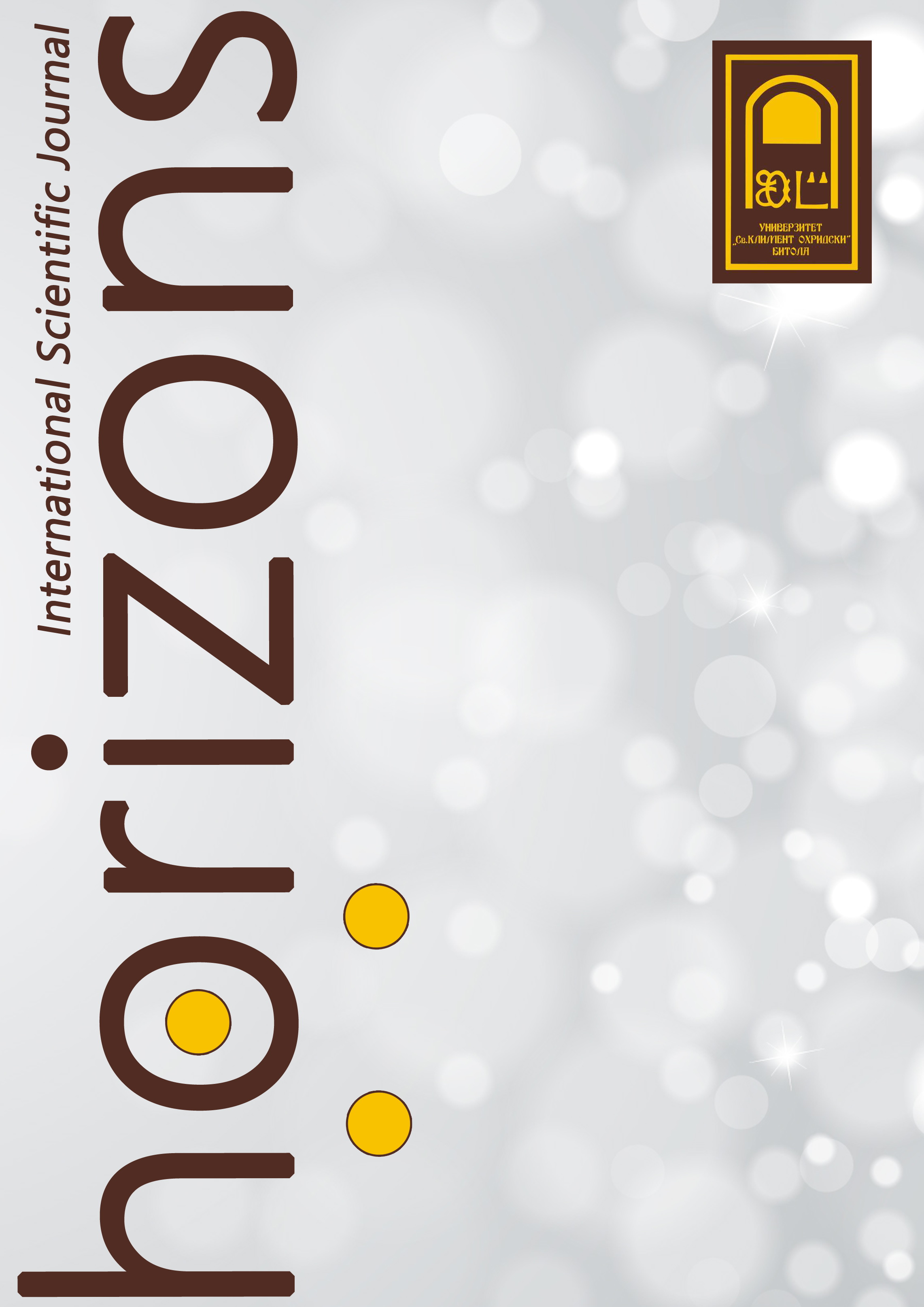FOOD INTOLERANCE IN AUTISM SPECTRUM DISORDERS
FOOD INTOLERANCE IN AUTISM SPECTRUM DISORDERS
Author(s): Diola Dosti, Zora Uzunoska, Vesna Antoska KnightsSubject(s): Psychology, Health and medicine and law
Published by: University "St. Kliment Ohridski" - Bitola
Keywords: autism spectrum disorder; food intolerance; IgG4 antibodies; dietary factors; gastrointestinal symptoms
Summary/Abstract: Autism Spectrum Disorder (ASD) is a complex neurodevelopmental disorder with a rising prevalence worldwide. While its etiology remains multifaceted, emerging research has suggested a potential link between food intolerance and the manifestation of ASD symptoms. This study aimed to investigate the prevalence of food intolerance in individuals with ASD and compare it to a control group, shedding light on the role of dietary factors in the disorder. A total of 105 participants with ASD and 105 age- and gender-matched controls were enrolled in this study. Food intolerance was assessed by measuring IgG4 antibody levels in response to various food items. Statistical analyses, including unpaired t-tests and Pearson correlations, were employed to examine the data. Our findings revealed that a remarkable percentage of individuals with ASD exhibited elevated IgG4 responses to specific foods, including cow's milk, casein, egg yellow, egg white, sheep's milk, wheat, and gluten. These results indicate a significant association between food intolerance and ASD (p < 0.05). Notably, while food intolerance was also observed in the control group, its prevalence was significantly higher in the ASD group, suggesting its potential role in ASD etiology. This study provides compelling evidence of a link between food intolerance, particularly elevated IgG4 antibody levels, and Autism Spectrum Disorder. While food intolerance alone cannot account for the complexity of ASD, our results underscore the importance of dietary considerations in managing ASD symptoms. Further research is needed to unravel the precise mechanisms underlying this relationship and its implications for autism treatment and management, aiming to improve the quality of life for individuals with ASD.
Journal: Horizons - International Scientific Journal
- Issue Year: 1/2023
- Issue No: 1
- Page Range: 62-76
- Page Count: 15
- Language: English

